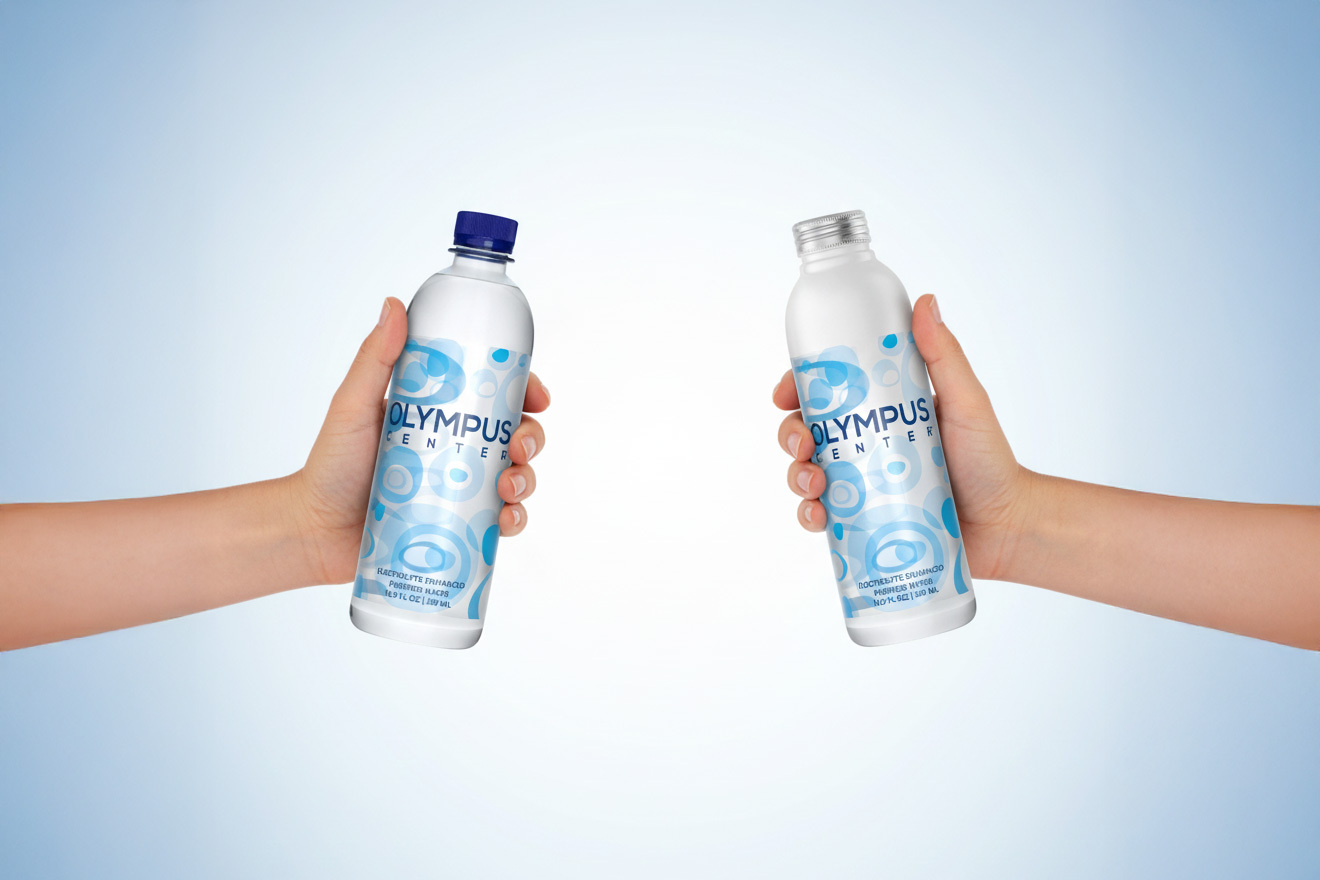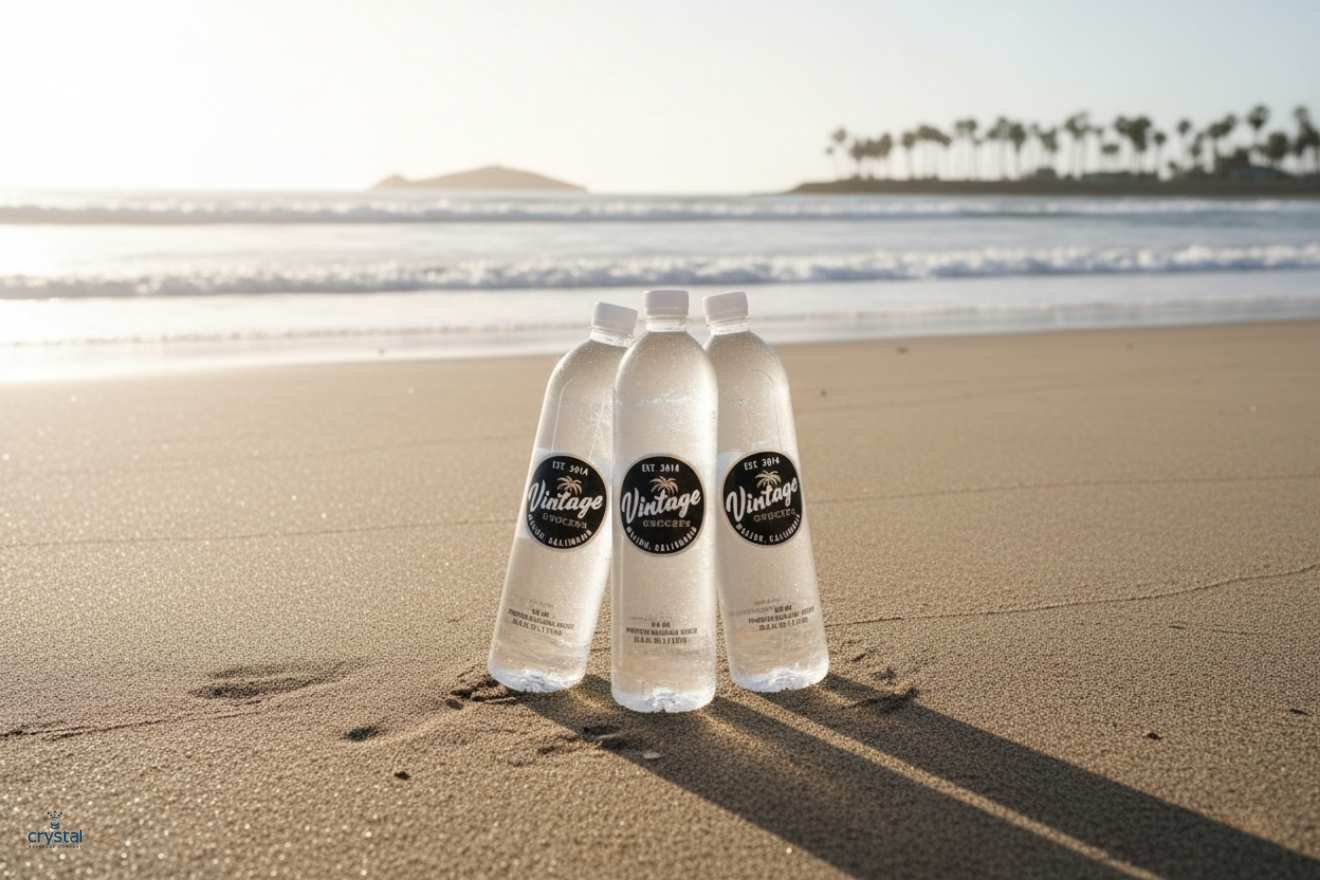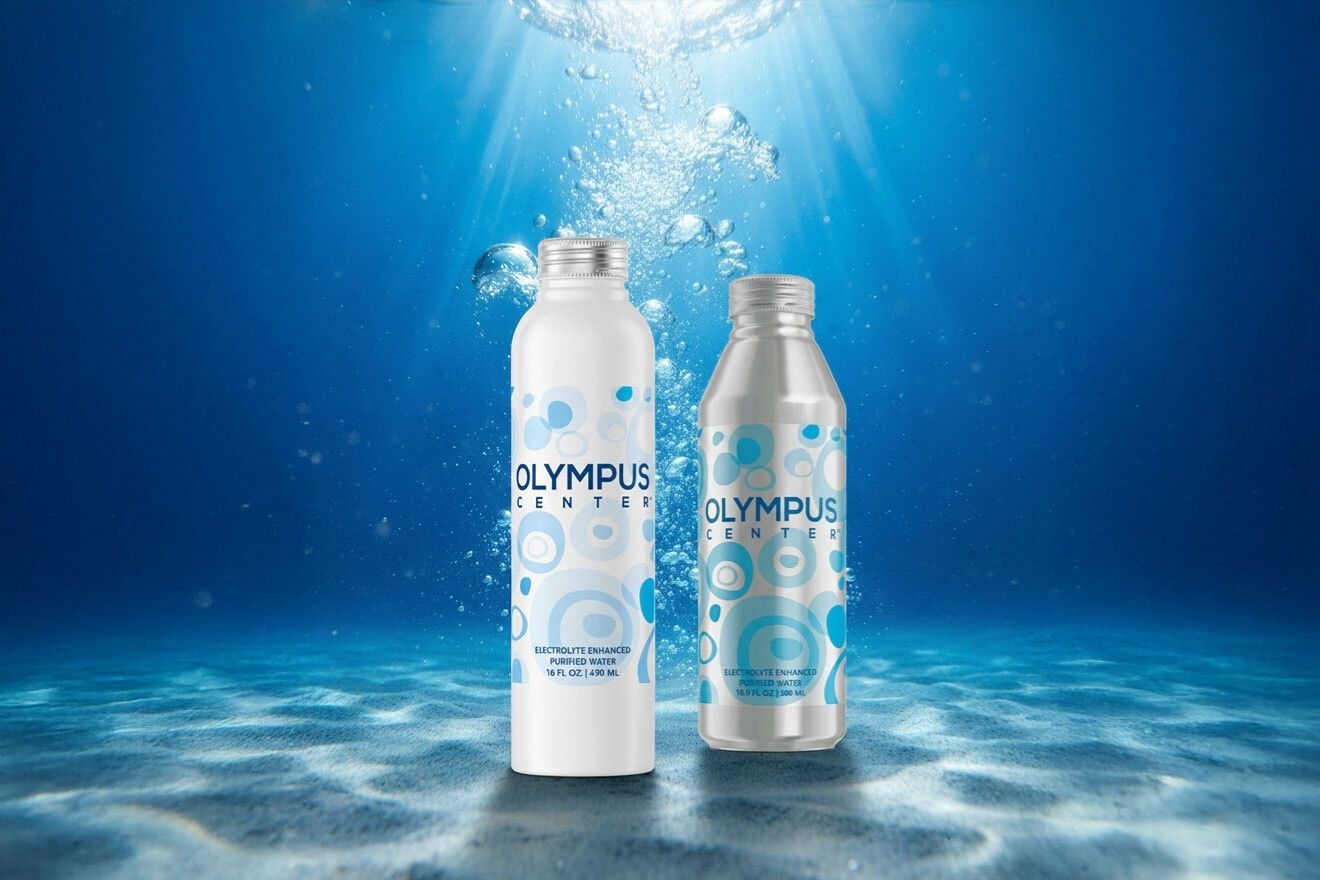How Much Water Should You Drink During Pregnancy?


[UPDATED 03/07/2022]
You may often hear that pregnant women are eating “for two,” and the same applies for hydrating! Drinking enough water is important at any given stage during a pregnancy. As a mom-to-be, taking in your liquids on a daily basis is essential in replenishing minerals and nutrients for both you and your baby.
But how much water should a pregnant woman drink? Is there a limit to how much water you can drink before giving birth? In this article, we explore the different benefits of drinking water while expecting — and the recommended water intake that you can follow to keep yourself, and your baby, well-hydrated throughout your pregnancy!
How Much Water Should Pregnant Women Drink
Ideally, pregnant women should be drinking 8 to 12 glasses of water daily, amounting to around 64 oz. to 96 oz. Water is not only important for hydration, but drinking enough water will help your body absorb adequate nutrients essential for pregnancy. A general rule of thumb is to drink whenever you feel thirsty. Your thirst is your body’s natural way of telling you to hydrate.
You should also consult your practitioner for the best water intake suggestion for you and your baby. A good tip to always remember when drinking is to space out small sips rather than gulping down multiple cups at once, which can leave you feeling extra bloated and uncomfortable.
The Importance of Water for You and Your Baby
To put it simply, water helps your body absorb all the essential nutrients into the cells and delivers all the vitamins, minerals and hormones to the blood cells. These nutrient-rich blood cells make their way to the placenta and all the way to your baby. Hydration helps form and maintain the amniotic fluid that surrounds your baby during pregnancy.
Water is also responsible for flushing out toxins from your kidneys, keeping you and your baby protected from any bacteria, infections and illnesses down the line. Hydration is also good for regulating your body temperature, especially during the early and late stages of pregnancy as you adapt to the sudden changes in your body.
Water is not only important during your pregnancy, but it is also essential for post-pregnancy recovery. Water will push excess waste products out of your system, and hydration will help you lose retained water weight which reduces postpartum swelling.
Other Healthy Drinks for You and Your Baby
- Fruit Teas - Most herbal and fruit teas are considered safe to drink for pregnant women. Taking one or two cups a day is the recommended amount, especially during the first trimester. These drinks are also a good way to substitute and reduce caffeine intake.
- Fresh Fruit Juices - Fruits are a great way to hydrate and replenish your body with vitamins, nutrients and minerals. Consult with your practitioner to find out the best fruit juices to drink for you and your baby’s nutritional needs.
- Infused Water - Having trouble drinking water? Pregnancy can change various aspects in a woman’s body, including the taste buds. If plain water seems unpalatable for you, try drinking water infused with fruits such as oranges, apples, and strawberries to give you a flavor boost of hydration.
- Full-cream or Semi-skimmed Milk - Milk is one of the best ways to keep you fit and healthy during the pregnancy. The calcium in milk will also keep your bones healthy as you carry additional weight of pregnancy. Full-cream milk is chock full of fats and proteins needed for the development of the baby.
Signs of Dehydration
Feeling extra tired and thirsty? You might be dehydrated. Dehydration shows up in different symptoms ranging from a slight feeling of thirst, to dizziness and regular headaches. Depending on your pregnancy symptoms, you may be feeling one or two of these signs of dehydration:
- Feeling Extra Thirsty
- Dark-Colored Urine
- Irregular Urination or Incontinence
- Dry Mouth And Eyes
- Dizziness or Nausea
- Fatigue
- Regular Headaches
Keep in mind that dehydrating yourself during pregnancy is incredibly dangerous for you and your child. Dehydration can happen when you don’t drink enough fluids, which may be common for pregnant women with irregular sleeping patterns, low appetite, or excessive urination.
Drinking Water Helps Keep You and Your Baby Healthy
Drinking the recommended amount of water per day will ensure that you stay hydrated all throughout your pregnancy — preventing the risk of dehydration and fatigue that can affect your baby’s health.
However, it’s important to remember that aside from drinking enough fluids, 20% of your daily fluid intake also comes from food sources. Talk to your doctor about maintaining a healthy, all-around diet for you and your baby during and after your pregnancy.






